Saffron Press



Saffron Press is a socially conscious, small independent press, reimagining stories to inspire little citizens of change.
Launched in 2009, Saffron Press has been a collaborative disruptor, pushing through systemic industry barriers to ensure representation of the Sikh identity beyond stereotypes in children's books.
Founder’s Intro:
Navjot Kaur, living in is a daughter of immigrants, sister to five siblings and cisgender Mum.
Throughout her years as an inclusive educator in progress, Navjot strived to explore curriculum through a lens of equity and social justice. She continues that work now, partnering with school districts, community organizations and presenting to undergraduate students.
She is the author of three titles, with her first “A Lion's Mane” winning an Honor Books Award for Multicultural and International Awareness.
In Her Words: What Made You Choose This Work?
As a classroom teacher, I thought I had a solid understanding of accommodations and accessibility needs when it came to equitable learning environments. And yet, it was only when we welcomed our Little One, that I truly gained a much deeper understanding and appreciation of the nuances around disability. In our case, it was the moment we learned our Little One is deaf.
Writing was something I had pursued my entire life and for a decade before launching Saffron Press, I had followed process and submission guidelines for several (many, many) trade publishers, without success.
At that time, there was little if any conversation around representation in children's literature.
For someone who was immersed in the world of books for children, it became urgent to create change.
Our son would be raised with his very visible Sikh identity as well as his visible deaf identity - wearing bi-lateral aids. I wanted our young person to see books with characters who look like him and his family in the classrooms he would soon participate in.
Although I was still learning about deaf identity, I knew what I could write from, was my actual lived experience as a member of the Sikh community and the awareness of the tropes and stereotypes that I needed to disrupt. I wanted our children to know that their lives and stories hold value.
The ethos of Saffron Press extends to printing in small batches to reduce waste, printing on forest-friendly paper and supporting the purchase of eyeglasses for children around the world who live with treatable blindness.
What Are The Biggest Challenges You Believer People With Vision Loss Or Ocular Trauma Experience?
Speaking from a limited scope - I do not personally live this experience - and as a parent of a child with peripheral vision loss, I would say the lack of accessibility is one of the greatest challenges.
There are many times we do not attend events or gatherings because of the lack of accessible lighting or walkways.
Going out Trick or Treating was always difficult given the time of evening and the lack of light and unknowns.
At home, a person with vision loss is accustomed to familiar surroundings but in public spaces, the lack of awareness around disability becomes apparent when accommodations are not even considered.
What Advice Would You Give To The General Public On Protecting Their Eyes Or Safeguarding Their Eyesight And Overall Eye Health?
For those with non-genetic conditions and for those who do have some control over their eye health, I would urge them to visit an optometrist for annual review and follow the suggestions of experts.
For those with rare eye diseases, it helps to find supportive circles after medical diagnosis. Having to navigate degenerative eye diseases can impact everyone's mental health.
Culturally responsive support is not easy to find but I feel it is necessary given the lack of medical research when it comes to patients of colour.

